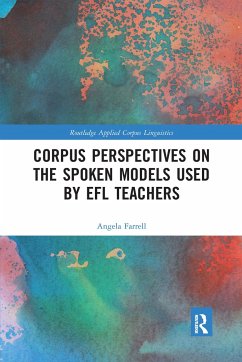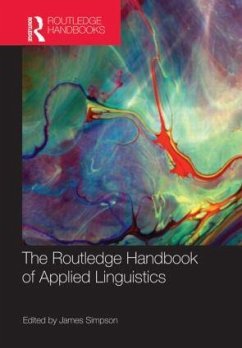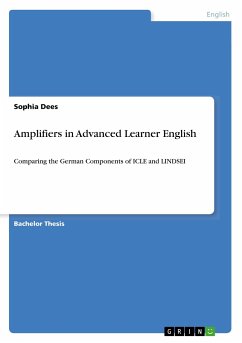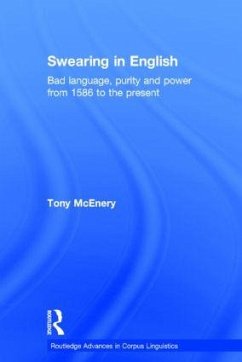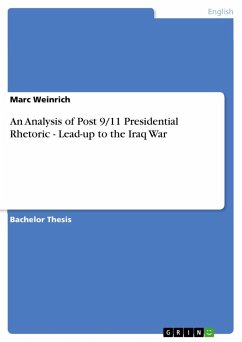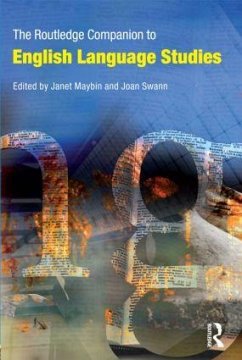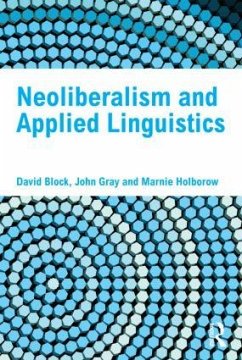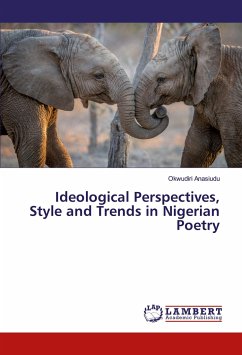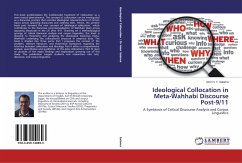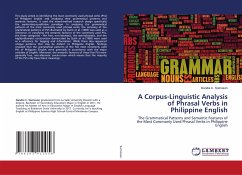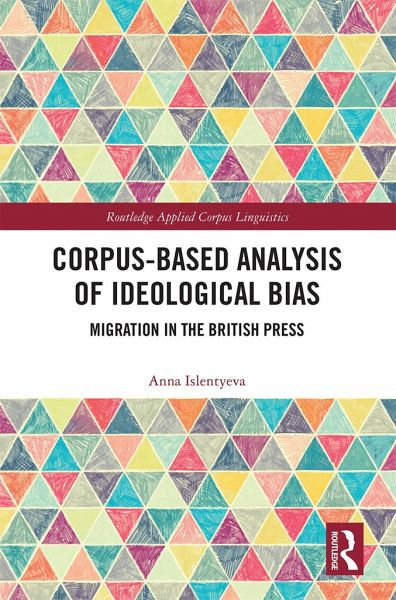
Corpus-Based Analysis of Ideological Bias
Migration in the British Press
Versandkostenfrei!
Versandfertig in 6-10 Tagen
41,99 €
inkl. MwSt.
Weitere Ausgaben:

PAYBACK Punkte
21 °P sammeln!
Corpus-Based Analysis of Ideological Bias presents research combining a range of corpus-linguistic techniques which are employed to analyse how migration discourse is (re)constructed in the contemporary British press. Two specialised corpora containing 1,000 news reports, editorials, and opinion pieces from five major national British newspapers were collected and annotated for this research. The event separating these two corpora is the 2016 referendum on Britain's membership of the European Union (EU). In its analysis, this book:employs both quantitative and qualitative analytical methods, w...
Corpus-Based Analysis of Ideological Bias presents research combining a range of corpus-linguistic techniques which are employed to analyse how migration discourse is (re)constructed in the contemporary British press. Two specialised corpora containing 1,000 news reports, editorials, and opinion pieces from five major national British newspapers were collected and annotated for this research. The event separating these two corpora is the 2016 referendum on Britain's membership of the European Union (EU). In its analysis, this book:
employs both quantitative and qualitative analytical methods, with four case studies offering a broad perspective on how the topical socio-political issues of migration and asylum seeking are represented by left- and right-wing British newspapers;
explores how newspapers reveal their political orientation and promote their political agenda by employing specific linguistic patterns and discursive strategies - in this case, in the representation of the key social actors within migration discourse;
provides case studies that place a particular focus on the discourses surrounding European migrants and migration within the EU, which proved to be a very popular topic in the British press both before and after the 2016 EU membership referendum; and
offers a comparative corpus analysis that seeks to ascertain whether media discourse regarding EU migration has changed in the wake of the referendum.
This book is a useful source not only for students of English, linguistics, and media studies, but also for researchers in the fields of applied corpus linguistics, critical discourse studies, contemporary media analysis, and metaphor research.
employs both quantitative and qualitative analytical methods, with four case studies offering a broad perspective on how the topical socio-political issues of migration and asylum seeking are represented by left- and right-wing British newspapers;
explores how newspapers reveal their political orientation and promote their political agenda by employing specific linguistic patterns and discursive strategies - in this case, in the representation of the key social actors within migration discourse;
provides case studies that place a particular focus on the discourses surrounding European migrants and migration within the EU, which proved to be a very popular topic in the British press both before and after the 2016 EU membership referendum; and
offers a comparative corpus analysis that seeks to ascertain whether media discourse regarding EU migration has changed in the wake of the referendum.
This book is a useful source not only for students of English, linguistics, and media studies, but also for researchers in the fields of applied corpus linguistics, critical discourse studies, contemporary media analysis, and metaphor research.





